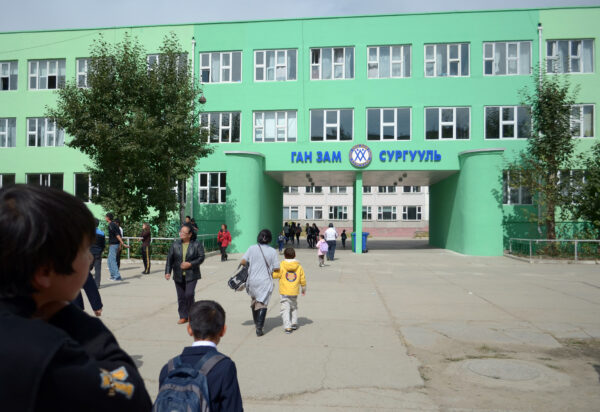In the last few months, Mongolia has experienced intermittent strikes by both teachers and medical workers, demanding a pay raise and the allocation of financial resources from the state budget. The teachers’ strike, in particular, sparked a debate over Mongolia’s education sector at large regarding unequal access to and quality of education in rural and urban areas.
A typical academic year starts on September 1 in Mongolia. This year, however, even before the start of school year, public school teachers threatened to strike if their wages weren’t increased. Between the months of September and October, Mongolia’s Education and Science Trade Union mobilized around 30,000 teachers and employees of 720 education organizations for a three-week worker’s strike, pressuring the government for higher wages.
The teachers’ strike couldn’t have come at a worst time either, as political rivalries encircled the ruling party, the Mongolian People’s Party (MPP), almost ousting another government. But what was more important to teachers and education advocates at the time was that despite the change of governments, financial resources for the education sector must be included in the state budget.
Public school teachers across Ulaanbaatar and some remote areas demanded that the government raise their sa
Continue Reading on The Diplomat
This preview shows approximately 15% of the article. Read the full story on the publisher's website to support quality journalism.
